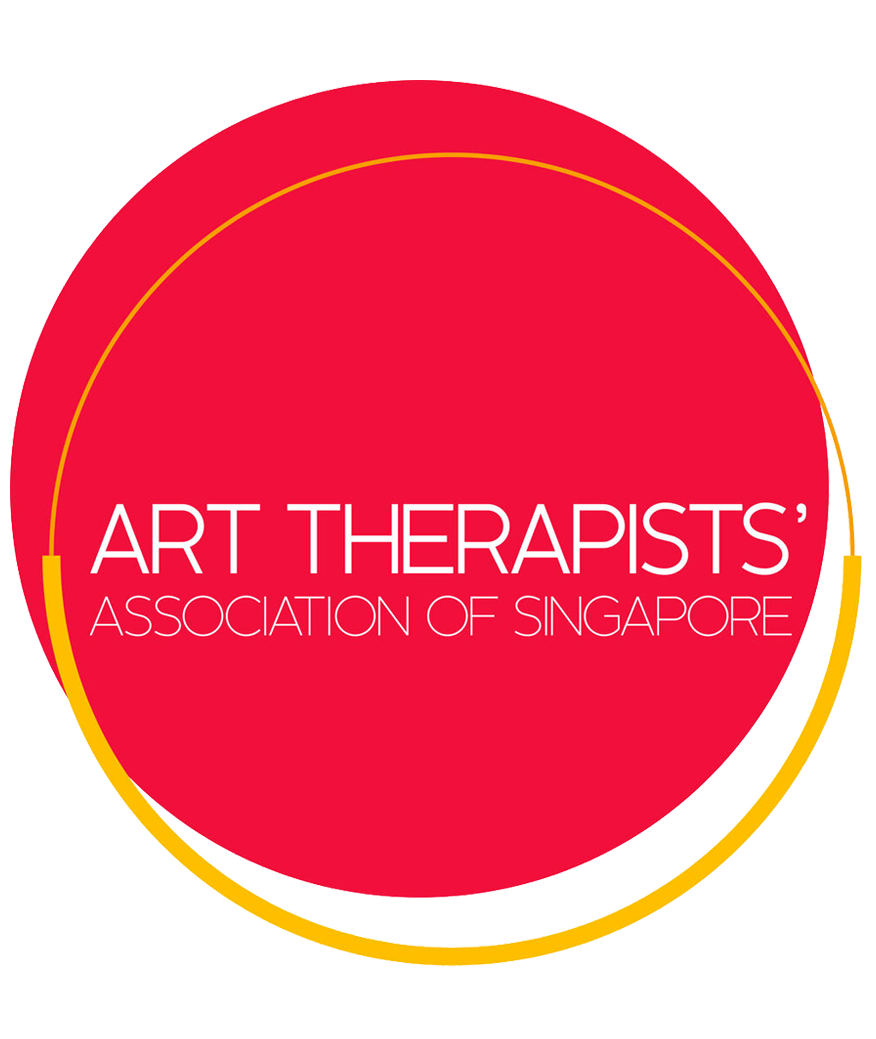
Ethics
Art therapy is a growing professional in Singapore whose practitioners’ aim is to help their clients to discover an outlet for often complex and confusing emotions which cannot always be expressed verbally and to foster within them self-awareness and growth. Art therapists are evolving distinct ways of working according to their specialization and work settings, to local or accepted practices of employing authorities and to laws and customs of the countries where they may practice after training.
Art therapists are expected to enhance their skills, remain abreast of new developments in art psychotherapy knowledge and practice and grow professionally through continuous educational activities, learning and development.
The Code of Ethics and Principles of Professional Practice have been set out to provide registered members of the Art Therapists’ Association Singapore with fundamental principles, standards and guidelines for the public using their services.

GENERAL PRINCIPLES
Expectations of conduct, performance and ethics for art therapists in Singapore:
- Art therapists will act in the best interests of service users.
- Art therapists will respect the confidentiality of the service users.
- Art therapists will keep high standards of personal conduct.
- Art therapists will keep their professional knowledge and skills up to date.
- Art therapists should accept only those appointments or responsibilities for which they are professional qualified by education, training, or experience.
- Art therapists will not discriminate on the grounds of race, class, culture gender, marital status, physical or mental ability, religion, sexual orientation, or age.
- Art therapists will limit their work or stop practicing if their performance or judgment is affected by their health.
- Art therapists will behave with honesty and integrity and make sure that their behavior does not damage the public’s confidence in them or their profession.
- Art therapists will make sure that any advertising they do is accurate.
ETHICAL RESPONSIBILITIES
Professional Conduct
- Duty of care
- Confidentiality
- Relationship with colleagues and other professionals
Personal Responsibility and Conduct
- Physical, mental and emotional health and competency
- Individual accountability
- Public behavior
Documentation
- Informal consent
- Record keeping
Professional Competence and Integrity
- Professional competence
- Cultural competence
- Training
- Continuing professional development (CPD)
- Supervision
Research, Publication, and Advertising
- Integrity of representation
- Reproduction of client’s artwork
